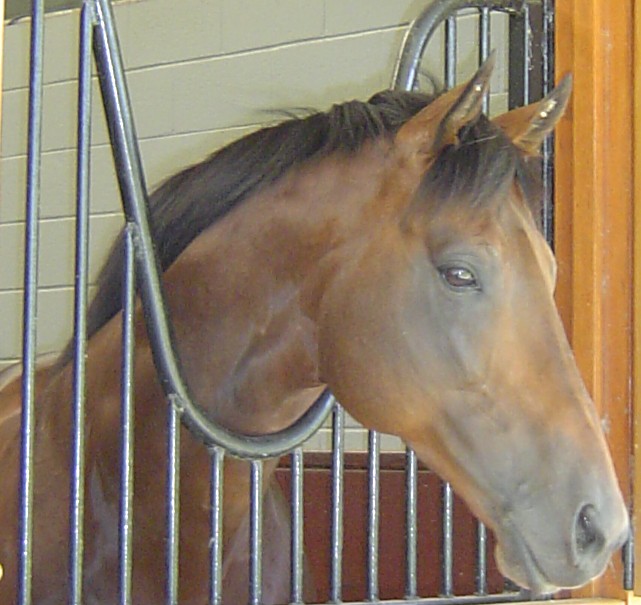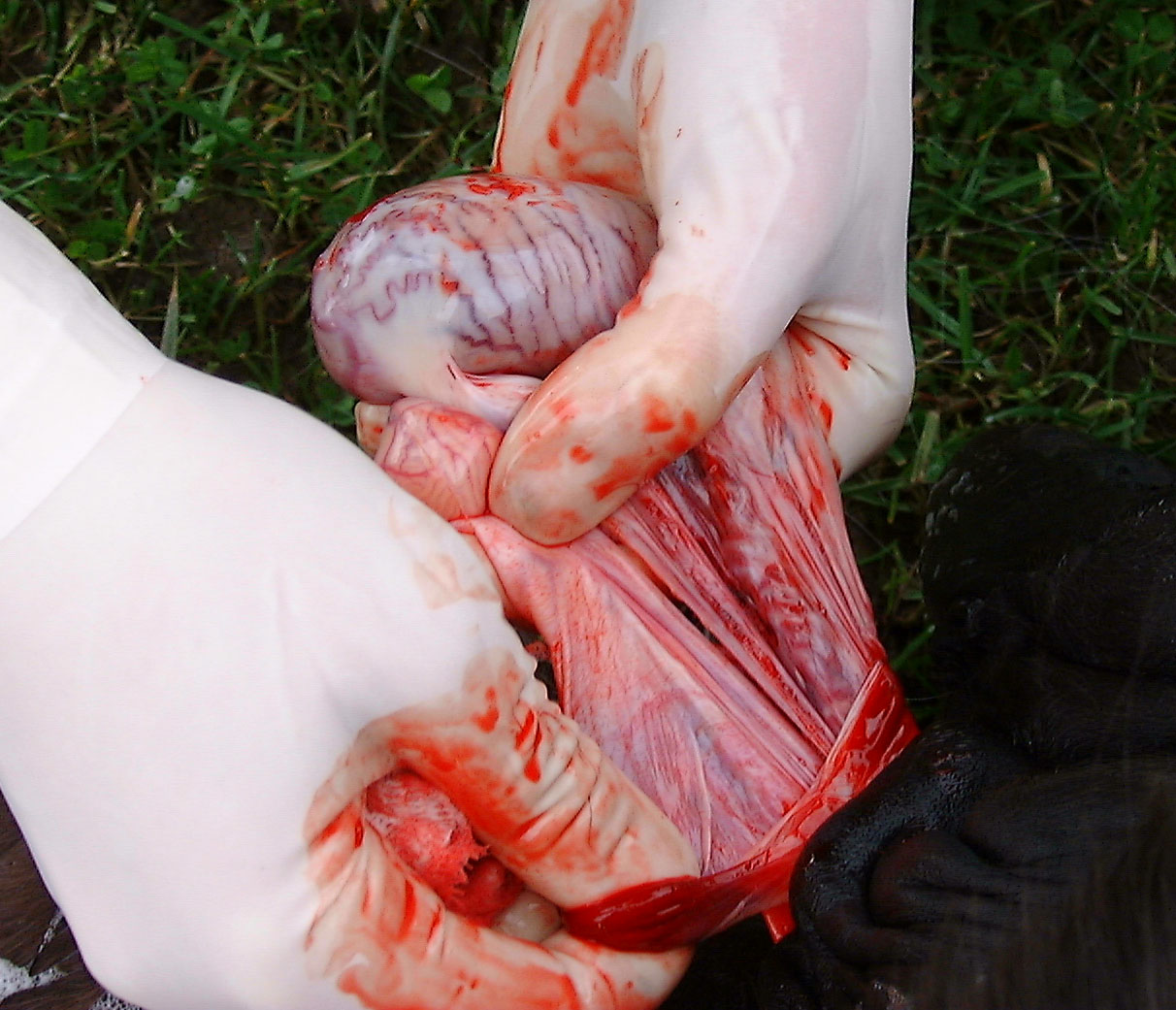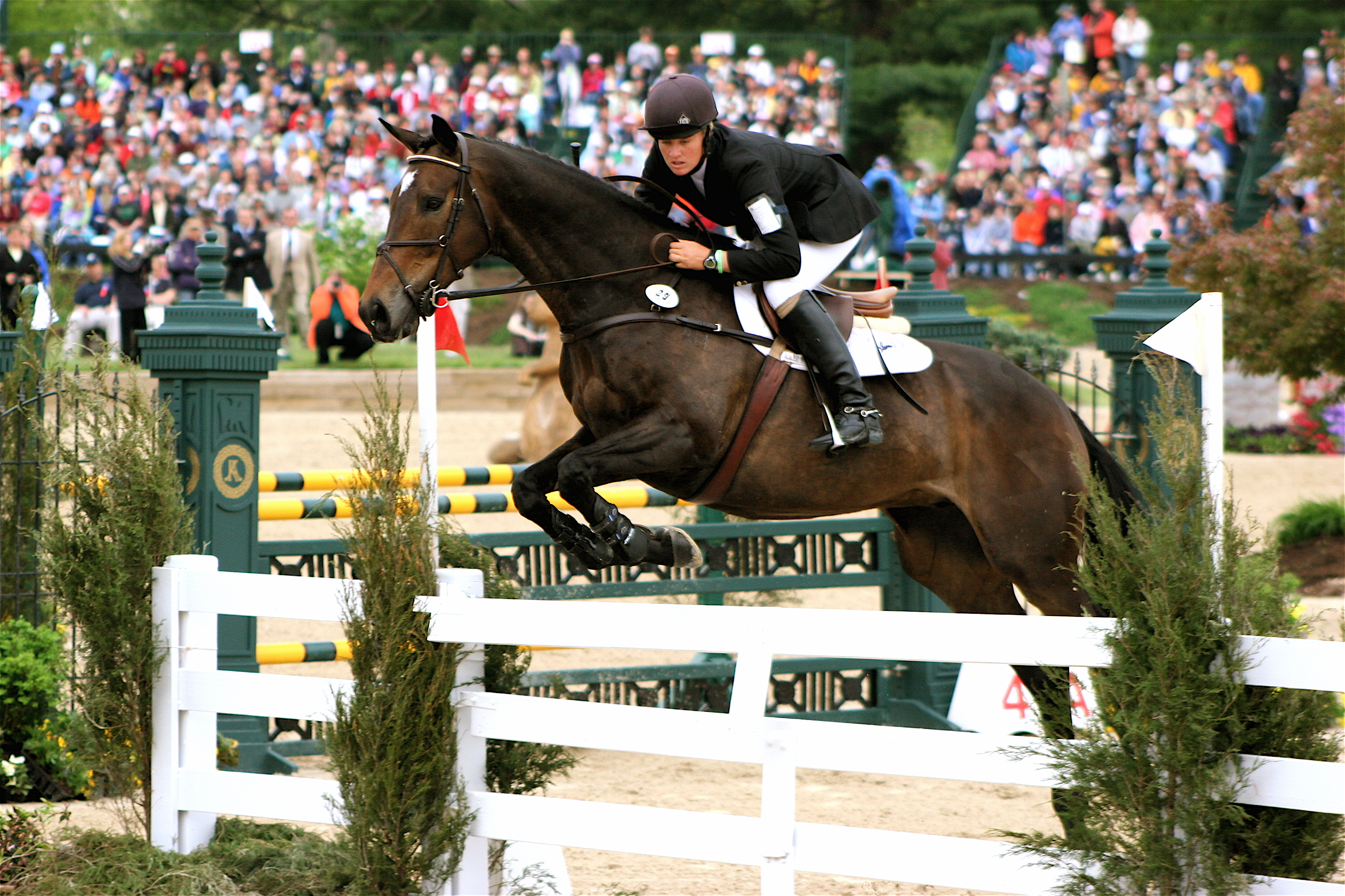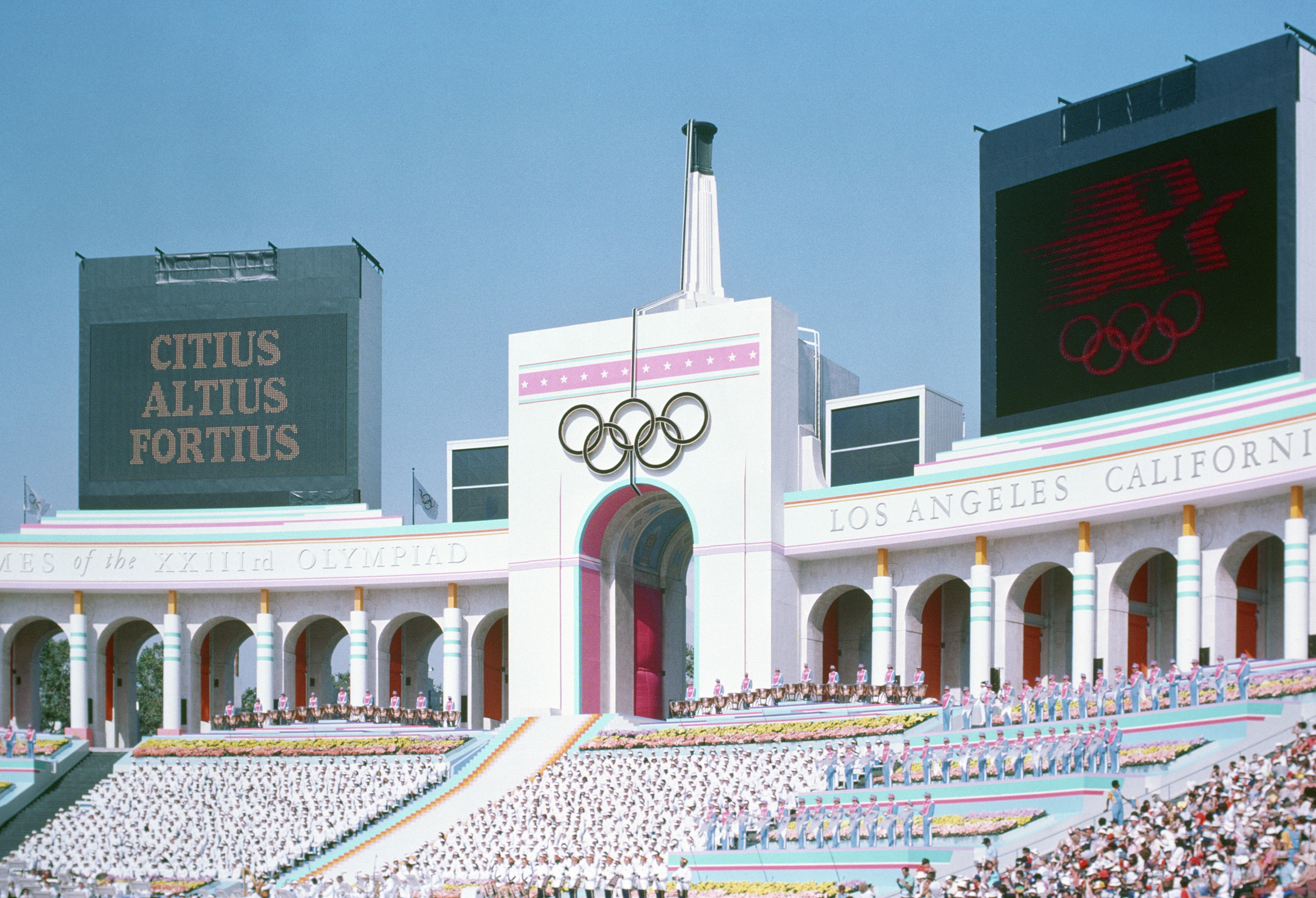|
Aramis (horse)
Aramis (1977–1989) was a Hanoverian gelding, a showjumper Show jumping is a part of a group of English riding equestrian events that also includes dressage, eventing, hunters, and equitation. Jumping classes are commonly seen at horse shows throughout the world, including the Olympics. Sometimes sho ... ridden by Mario Deslauriers who competed for Canada at the 1984 Olympics in Los Angeles, where the Canadians took a team fourth place. Aramis also won the 1984 World Cup in showjumping. ''Sports Records''. Referenced January 10, 2008. Pedigree References External links [...More Info...] [...Related Items...] OR: [Wikipedia] [Google] [Baidu] |
Hanoverian (horse)
A Hanoverian (German: ''Hannoveraner'') is a Warmblood horse breed originating in Germany, which is often seen in the Olympic Games and other competitive English riding styles, and has won gold medals in all three equestrian Olympic competitions. It is one of the oldest, most numerous, and most successful of the Warmblood breeds. Originally a cavalry horse, infusions of more Thoroughbred blood lightened it to make it more agile and useful for competition. The Hanoverian is known for a good temperament, athleticism, beauty, and grace. Breed history In 1735, George II, the King of England and Elector of Hanover, founded the State Stud at Celle. He purchased stallions suitable for all-purpose work in agriculture and in harness, as well as for breeding cavalry mounts. The local mares were refined with Holsteiner, Thoroughbred and Cleveland Bay, Neapolitan, Andalusian, Prussian, and Mecklenburg stock. By the end of the 18th century, the Hanoverian had become a high-class co ... [...More Info...] [...Related Items...] OR: [Wikipedia] [Google] [Baidu] |
Westphalian Horse
The Westphalian or Westfalen is a warmblood horse bred in the Westphalia region of western Germany. The Westphalian is closely affiliated with the state-owned stud farm of Warendorf, which it shares with the Rhinelander. Since World War II, the Westphalian horse has been bred to the same standard as the other German warmbloods, and they are particularly famous as Olympic-level show jumpers and dressage horses. Next to the Hanoverian, the Westphalian studbook has the largest breeding population of any warmblood in Germany. History Warendorf The history of the Westphalian horse is linked with the State Stud of Warendorf, which was founded in 1826 to serve both the Prussian provinces of Westphalia and Rheinland. The stud was built under the Prussian Stud Administration, which was put together by King Frederick William I in 1713 to improve horse breeding efforts in the German-speaking region. Government-owned studs, identified as "State" or "Principal" studs depending on ... [...More Info...] [...Related Items...] OR: [Wikipedia] [Google] [Baidu] |
Thoroughbred
The Thoroughbred is a horse breed best known for its use in horse racing. Although the word ''thoroughbred'' is sometimes used to refer to any breed of purebred horse, it technically refers only to the Thoroughbred breed. Thoroughbreds are considered " hot-blooded" horses that are known for their agility, speed, and spirit. The Thoroughbred, as it is known today, was developed in 17th- and 18th-century England, when native mares were crossbred with imported Oriental stallions of Arabian, Barb, and Turkoman breeding. All modern Thoroughbreds can trace their pedigrees to three stallions originally imported into England in the 17th and 18th centuries, and to a larger number of foundation mares of mostly English breeding. During the 18th and 19th centuries, the Thoroughbred breed spread throughout the world; they were imported into North America starting in 1730 and into Australia, Europe, Japan and South America during the 19th century. Millions of Thoroughbreds exist today, a ... [...More Info...] [...Related Items...] OR: [Wikipedia] [Google] [Baidu] |
Gelding
A gelding is a castrated male horse or other equine, such as a pony, donkey or a mule. Castration, as well as the elimination of hormonally driven behavior associated with a stallion, allows a male equine to be calmer and better-behaved, making the animal quieter, gentler and generally more suitable as an everyday working animal. The gerund and participle "gelding" and the infinitive "to geld" refer to the castration procedure itself. Etymology The verb "to geld" comes from the Old Norse , from the adjective 'barren'. The noun "gelding" is from the Old Norse . History The Scythians are thought to have been the first people to geld their horses. They valued geldings as war horses because they were quiet, lacked mating urges, were less prone to call out to other horses, were easier to keep in groups, and were less likely to fight with one another. Reasons for gelding A male horse is often gelded to make him better-behaved and easier to control. Gelding can also remove lower ... [...More Info...] [...Related Items...] OR: [Wikipedia] [Google] [Baidu] |
Bay (horse)
Bay is a hair coat color of horses, characterized by a reddish-brown or brown body color with a black point coloration on the mane, tail, ear edges, and lower legs. Bay is one of the most common coat colors in many horse breeds. The black areas of a bay horse's hair coat are called "black points", and without them, a horse is not a bay horse. Black points may sometimes be covered by white markings; however such markings do not alter a horse's classification as "bay". Bay horses have dark skin – except under white markings, where the skin is pink. Genetically, bay occurs when a horse carries both the Agouti gene and a black base coat. While the basic genetics that create bay coloring are fairly simple, the genes themselves and the mechanisms that cause shade variations within the bay family are quite complex and, at times, disputed. The genetics of dark shades of bay are still under study. The genetic mechanism that produces seal brown has yet to be isolated. Sooty genet ... [...More Info...] [...Related Items...] OR: [Wikipedia] [Google] [Baidu] |
Gelding
A gelding is a castrated male horse or other equine, such as a pony, donkey or a mule. Castration, as well as the elimination of hormonally driven behavior associated with a stallion, allows a male equine to be calmer and better-behaved, making the animal quieter, gentler and generally more suitable as an everyday working animal. The gerund and participle "gelding" and the infinitive "to geld" refer to the castration procedure itself. Etymology The verb "to geld" comes from the Old Norse , from the adjective 'barren'. The noun "gelding" is from the Old Norse . History The Scythians are thought to have been the first people to geld their horses. They valued geldings as war horses because they were quiet, lacked mating urges, were less prone to call out to other horses, were easier to keep in groups, and were less likely to fight with one another. Reasons for gelding A male horse is often gelded to make him better-behaved and easier to control. Gelding can also remove lower ... [...More Info...] [...Related Items...] OR: [Wikipedia] [Google] [Baidu] |
Showjumping
Show jumping is a part of a group of English riding equestrian events that also includes dressage, eventing, hunters, and equitation. Jumping classes are commonly seen at horse shows throughout the world, including the Olympics. Sometimes shows are limited exclusively to jumpers. Sometimes jumper classes are offered in conjunction with other English-style events. Sometimes, show jumping is but one division of a very large, all-breed competition that includes a very wide variety of disciplines. Jumping classes may be governed by various national horse show sanctioning organizations, such as the United States Equestrian Federation or the British Showjumping Association. International competitions are governed by the rules of the International Federation for Equestrian Sports. Hunters or jumpers Show jumping events have hunter classes, jumper classes and hunt seat equitation classes. Hunters are judged subjectively on the degree to which they meet an ideal standard of manner ... [...More Info...] [...Related Items...] OR: [Wikipedia] [Google] [Baidu] |
1984 Summer Olympics
The 1984 Summer Olympics (officially the Games of the XXIII Olympiad and also known as Los Angeles 1984) were an international multi-sport event held from July 28 to August 12, 1984, in Los Angeles, California, United States. It marked the second time that Los Angeles had hosted the Games, the first being in 1932. California was the home state of the incumbent U.S. President Ronald Reagan, who officially opened the Games. These were the first Summer Olympic Games under the IOC presidency of Juan Antonio Samaranch. The 1984 Games were boycotted by a total of fourteen Eastern Bloc countries, including the Soviet Union and East Germany, in response to the American-led boycott of the 1980 Summer Olympics in Moscow in protest of the Soviet invasion of Afghanistan; Romania and Yugoslavia were the only Socialist European states that opted to attend the Games. Albania, Iran and Libya also chose to boycott the Games for unrelated reasons. Despite the field being depleted in certain ... [...More Info...] [...Related Items...] OR: [Wikipedia] [Google] [Baidu] |
Canadian Show Jumping Horses
Canadians (french: Canadiens) are people identified with the country of Canada. This connection may be residential, legal, historical or cultural. For most Canadians, many (or all) of these connections exist and are collectively the source of their being ''Canadian''. Canada is a multilingual and multicultural society home to people of groups of many different ethnic, religious, and national origins, with the majority of the population made up of Old World immigrants and their descendants. Following the initial period of French and then the much larger British colonization, different waves (or peaks) of immigration and settlement of non-indigenous peoples took place over the course of nearly two centuries and continue today. Elements of Indigenous, French, British, and more recent immigrant customs, languages, and religions have combined to form the culture of Canada, and thus a Canadian identity. Canada has also been strongly influenced by its linguistic, geographic, and ec ... [...More Info...] [...Related Items...] OR: [Wikipedia] [Google] [Baidu] |
Individual Warmbloods
An individual is that which exists as a distinct entity. Individuality (or self-hood) is the state or quality of being an individual; particularly (in the case of humans) of being a person unique from other people and possessing one's own needs or goals, rights and responsibilities. The concept of an individual features in diverse fields, including biology, law, and philosophy. Etymology From the 15th century and earlier (and also today within the fields of statistics and metaphysics) ''individual'' meant " indivisible", typically describing any numerically singular thing, but sometimes meaning "a person". From the 17th century on, ''individual'' has indicated separateness, as in individualism. Law Although individuality and individualism are commonly considered to mature with age/time and experience/wealth, a sane adult human being is usually considered by the state as an "individual person" in law, even if the person denies individual culpability ("I followed instruct ... [...More Info...] [...Related Items...] OR: [Wikipedia] [Google] [Baidu] |
Individual Male Horses
An individual is that which exists as a distinct entity. Individuality (or self-hood) is the state or quality of being an individual; particularly (in the case of humans) of being a person unique from other people and possessing one's own needs or goals, rights and responsibilities. The concept of an individual features in diverse fields, including biology, law, and philosophy. Etymology From the 15th century and earlier (and also today within the fields of statistics and metaphysics) ''individual'' meant " indivisible", typically describing any numerically singular thing, but sometimes meaning "a person". From the 17th century on, ''individual'' has indicated separateness, as in individualism. Law Although individuality and individualism are commonly considered to mature with age/time and experience/wealth, a sane adult human being is usually considered by the state as an "individual person" in law, even if the person denies individual culpability ("I followed instr ... [...More Info...] [...Related Items...] OR: [Wikipedia] [Google] [Baidu] |
Hanoverian Horses , a horse breed
{{disambiguation ...
The adjective Hanoverian is used to describe: * British monarchs or supporters of the House of Hanover, the dynasty which ruled the United Kingdom from 1714 to 1901 * things relating to; ** Electorate of Hanover ** Kingdom of Hanover ** Province of Hanover * things relating to the City of Hanover, Germany * Hanoverian horse A Hanoverian (German: ''Hannoveraner'') is a Warmblood horse breed originating in Germany, which is often seen in the Olympic Games and other competitive English riding styles, and has won gold medals in all three equestrian Olympic competi ... [...More Info...] [...Related Items...] OR: [Wikipedia] [Google] [Baidu] |






